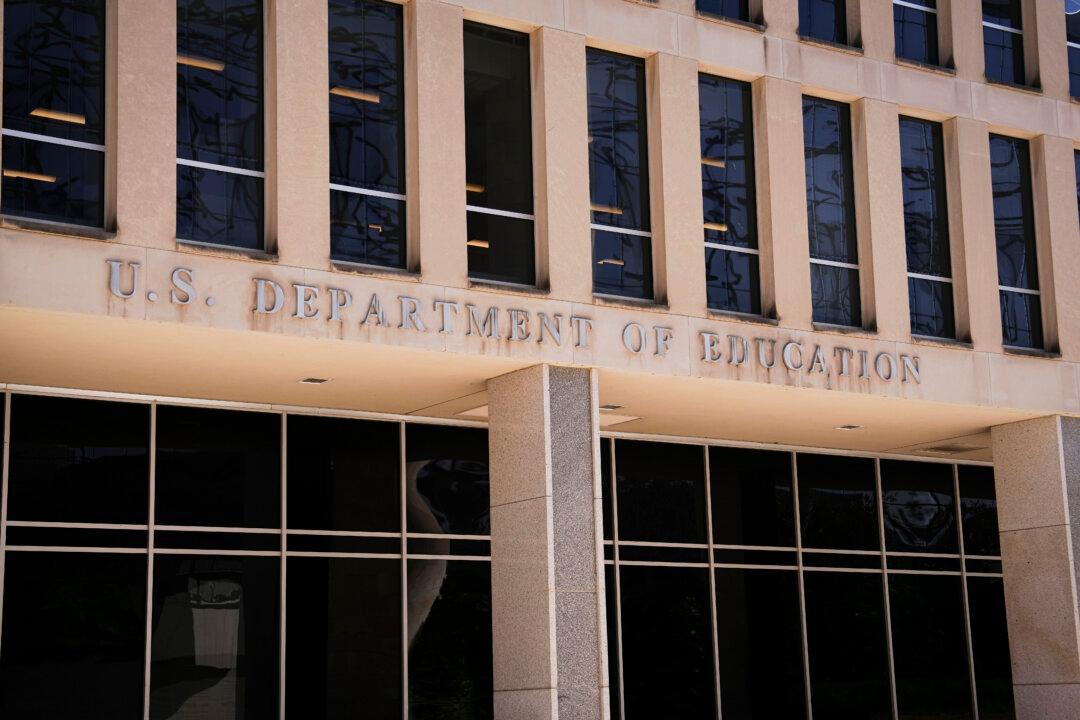A group of Republicans in the House and Senate is calling on the Government Accountability Office (GAO) to investigate the “botched” rollout of the new version of the Free Application for Federal Student Aid (FAFSA) forms, which led to complaints from students and colleges.
The new form was not available until the end of December 2023, when it is typically released in October. On top of the nearly three-month delay, the form became unavailable to students for the first few days and has been off-line for many hours each day since.





